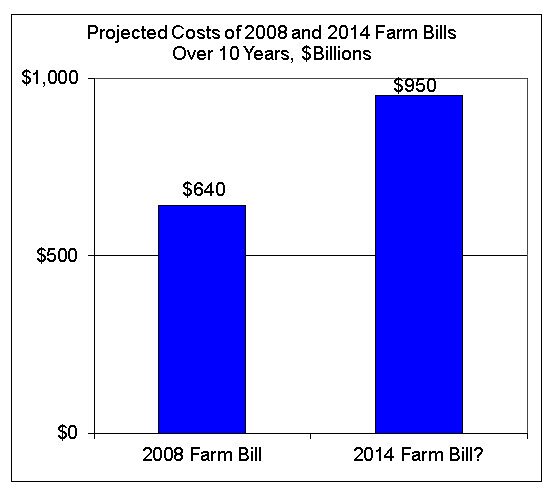One issue that may be controversial in the US-EU trade talks is intellectual property, which has increasingly caused tension in trade negotiations. Many in the U.S. will argue that any such agreement should have “high standards” in this regard. Along these lines, this is from Senator Orrin Hatch:
There also remains some serious question as to whether the administration will even pursue an intellectual property rights chapter in our negotiations with the European Union.
This is incredible.
The U.S. has the highest intellectual property rights standards in the world.
Intellectual property is our competitive advantage.
It is our economic future.
Once you set the precedent of substantively carving out intellectual property rights from a trade agreement, every other country we negotiate with is going to demand the same treatment.
Now here’s the European Commission on IP issues:
Intellectual Property Rights: Both the EU and the United States are committed to maintaining and promoting a high level of intellectual property protection. Given the efficiency of their respective systems, the intention is not to strive towards harmonisation, but to identify a number of specific issues where divergences will be addressed. For the EU side, Geographical Indications (GIs) are of particular importance in that context. During the negotiations, we therefore intend to present specific ideas for ensuring adequate protection of GIs.
So everyone agrees: The standards should be “high”.
But wait, there’s also this from Senator Hatch:
As the U.S. and EU are the two most innovative economies in the world, any successful agreement between us must promote the highest standards of intellectual property protection. … It is also critical that the United States strongly promote the interests of U.S. businesses, farmers, ranchers, and workers with respect to EU policies, including geographical indications, that impede their ability to compete. (emphasis added)
So, both sides definitely want “high” IP standards in any US-EU trade agreement. But, on the other hand, they disagree on what are the appropriate standards are for geographical indications. The EU says they are important and need protection; Senator Hatch says they “impede the ability” of U.S. business to compete.
What I take from this is that we can’t really use “high” and “low” in the context of IP protection. The real question is, what is the appropriate level of protection for each particular kind of IP? Longer protection doesn’t necessarily mean a better policy, as I think Senator Hatch’s statements about geographical indications acknowledges.
In practice, unfortunately, what the two sides seem to be doing is promoting what they think is in the interests of their producers. Perhaps it would be better if everyone took a step back on IP, and thought about what was in the interest of society more generally.
